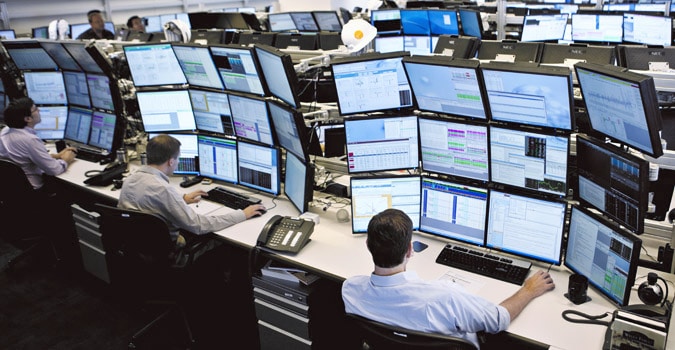
The financial market is a dynamic space, offering countless opportunities for individuals and institutions to prosper. Among these various avenues, proprietary trading—or “prop trading”—has been steadily gaining attention. While it might sound complex, understanding it doesn’t require an advanced degree in finance. Here’s everything you need to know about proprietary trading and why it’s become such a trending topic in financial circles.
What Is Proprietary Trading?
Proprietary trading refers to when a financial institution, such as an investment bank or brokerage firm, trades stocks, bonds, currencies, commodities, or derivatives using its own funds instead of conducting trades on behalf of clients. The goal? To generate profit directly for the firm rather than earning a commission or fee from client investments.
Unlike the traditional broker-client relationship, proprietary trading focuses on the firm’s ability to maximize potential returns through its own educated risk-taking, leveraging unique strategies and resources.
How Does Proprietary Trading Work?
Institutions involved in prop trading invest their own capital, relying on advanced algorithms, market analysis, and the expertise of in-house traders. Here’s a simple outline of how it works:
• Risk vs. Reward: Prop traders take calculated risks to secure higher returns compared to the standard brokerage model.
• Market Instruments: These traders work with high-value, complex financial instruments like derivatives, futures, and foreign exchange markets.
• Specialized Tools: Firms often use sophisticated analytics, trading tools, and data to stay ahead of the curve.
Why Is Proprietary Trading Popular?
Proprietary trading has gained traction because of its potential for higher profitability. By eliminating reliance on clients and focusing instead on a firm’s capital, companies have better control over their profits. Additionally, with rapid technological advancements, algorithms and high-frequency trading systems have made prop trading more efficient, providing real-time market insights.
The Pros and Cons of Proprietary Trading
Benefits:
• Higher Returns: Organizations can generate significant profits when trades are executed effectively.
• Flexibility: Firms maintain full control over their strategies.
• Learning Opportunity: Prop trading enables institutions to better understand market trends and behavior.
Risks:
• Elevated Risk: When trading with their own capital, firms bear all financial losses.
• Market Volatility: Unpredictable market downturns can lead to substantial setbacks.
• Strict Regulation: Prop trading faces legal scrutiny and compliance requirements that can affect operations.
Final Thought
Proprietary trading is a double-edged sword—a financial strategy with the power to amplify profits or expose entities to heightened risks. For financial enthusiasts, it’s a fascinating aspect of modern trading strategies that underscores the importance of risk management and deep market expertise.